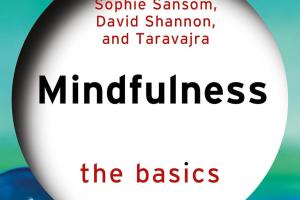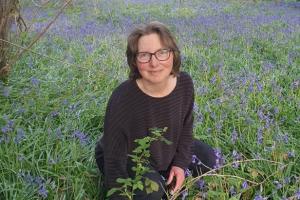-
 12 December 2025
12 December 2025New book explores how mindfulness can help people live and work with greater meaning in today’s fast-moving world
-
 5 May 2023
5 May 2023Retiring from the directorship of the mindfulness centre at Bangor
-
20 January 2023
Two years on from being diagnosed with Parkinson’s Disease
-
4 May 2021
Twenty years of Mindfulness at Bangor
-
4 September 2019
Reconnecting to the earth
-
27 August 2019
A year on! Celebrating the Centre for Mindfulness Research and Practice’s (CMRP) new structure
My country:
My country:
